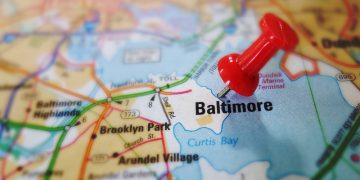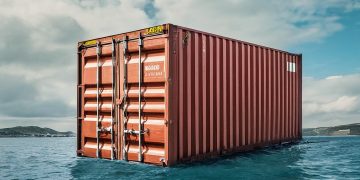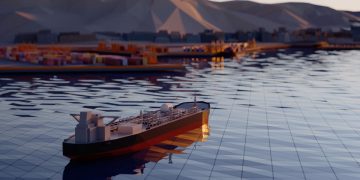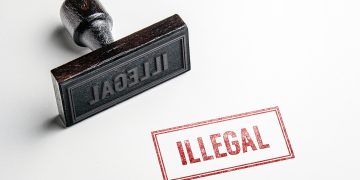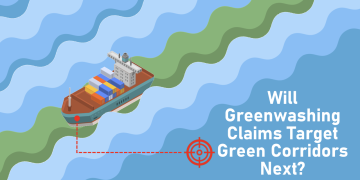Green Marine and ACPA sign a MoU on environmental sustainability
Green Marine and the Association of Canadian Port Authorities (ACPA) signed a Memorandum of Understanding to advance environmental sustainability at Canadian Ports. ACPA and GREEN MARINE hereby agree and declare that this MOU will serve as a framework for increased cooperation between the two parties for the advancement of the Green Marine Environmental Program and related initiatives, with an overall view to contributing to the reduction of the marine industry's environmental footprint and encouraging the industry to continuously improve its environmental performance. The Green Marine Environmental Program is a voluntary sustainability program developed for the marine transpor-tation industry that provides a framework for ports, terminals, shipping companies and shipyards to reduce their environmental footprint. ACPA and Green Marine agree to work together to facilitate the participation of ACPA member ports and their tenants in the Green Marine Environmental Program. ACPA and GREEN MARINE will work together to advance the shared objective of improving the marine industry's environmental performance by identifying and collaborating to undertake specific actions or initiatives that will assist in: Promoting environmental performance beyond regulatory compliance and continuous improvement Benchmarking industry performance Continuing the development and recruiting efforts of the Green Marine program Developing consistent data reporting ...
Read more





